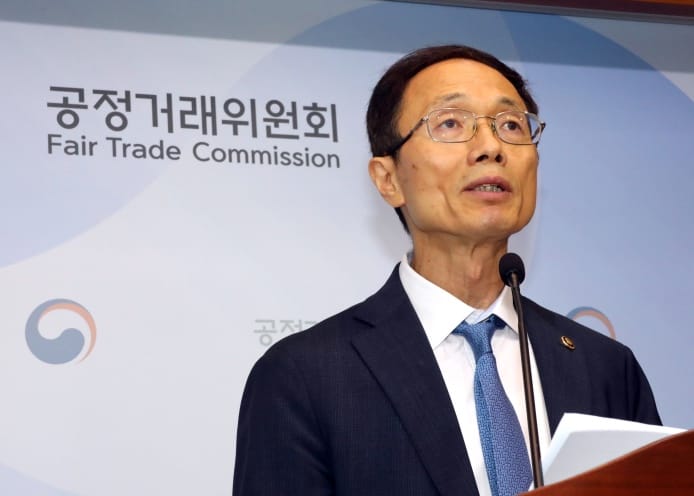Coupang Fined Record 140 Billion Won for Unfair Practices; Presidential Office Proposes Real Estate Tax Reforms; Korean Firms Bid on Major Overseas Projects
In a landmark case, the Korea Fair Trade Commission (FTC) has imposed a record fine of 140 billion won on e-commerce giant Coupang for engaging in unfair trade practices.

Coupang Hit with 140 Billion Won Fine for Manipulating Algorithms and Reviews
In a landmark case, the Korea Fair Trade Commission (FTC) has imposed a record fine of 140 billion won on e-commerce giant Coupang for engaging in unfair trade practices. The FTC's thorough investigation revealed that Coupang manipulated its search algorithms to give preferential treatment to its own private-label products and mobilized employees to write positive reviews, deceiving consumers and disadvantaging competitors. The systematic nature of these practices, which Coupang was aware of the legal risks, led the FTC to also file criminal complaints against the company and its subsidiary.
Coupang, which has rapidly grown to capture 24.5% of the domestic online shopping market, has denied the allegations and vowed to appeal the FTC's decision. The company argues that its actions are common industry practices that benefit consumers and small businesses. However, Coupang's defiant response, including warnings of negative impacts on its popular Rocket Delivery service and investments, has drawn criticism. CEO Kang Han-seung's stock sale just before the FTC's announcement has also raised eyebrows.
This case holds significant implications for South Korea's booming e-commerce industry. It signals increased scrutiny of unfair trade practices and pressure on dominant platforms like Coupang to ensure a level playing field for all sellers. The FTC's action also highlights the risks of the dual intermediary-seller model, where a platform's own products can conflict with those of third-party merchants. Experts say regulatory changes may be needed to promote fair competition and consumer protection.
Balancing the convenience and efficiencies of e-commerce with the need to protect merchants and consumer choice will be a key challenge going forward.
At the heart of the matter are concerns about fair competition and preventing abuse of market power. Smaller merchants have long complained about the challenges of competing against Coupang's private-label products, which enjoy advantageous placement in search results. The authenticity of reviews, a key factor in consumers' purchasing decisions, has also come under fire.
As Coupang prepares to fight the FTC's decision in court, attention is turning to the potential outcomes and broader impact of the case. A protracted legal battle could further damage Coupang's reputation and growth prospects, even as it grapples with mounting losses and competition. The case may also spur wider regulatory reforms to rein in the power of tech giants and protect smaller players. For now, Coupang's rivals see an opportunity to chip away at its dominance and woo disgruntled merchants and consumers.